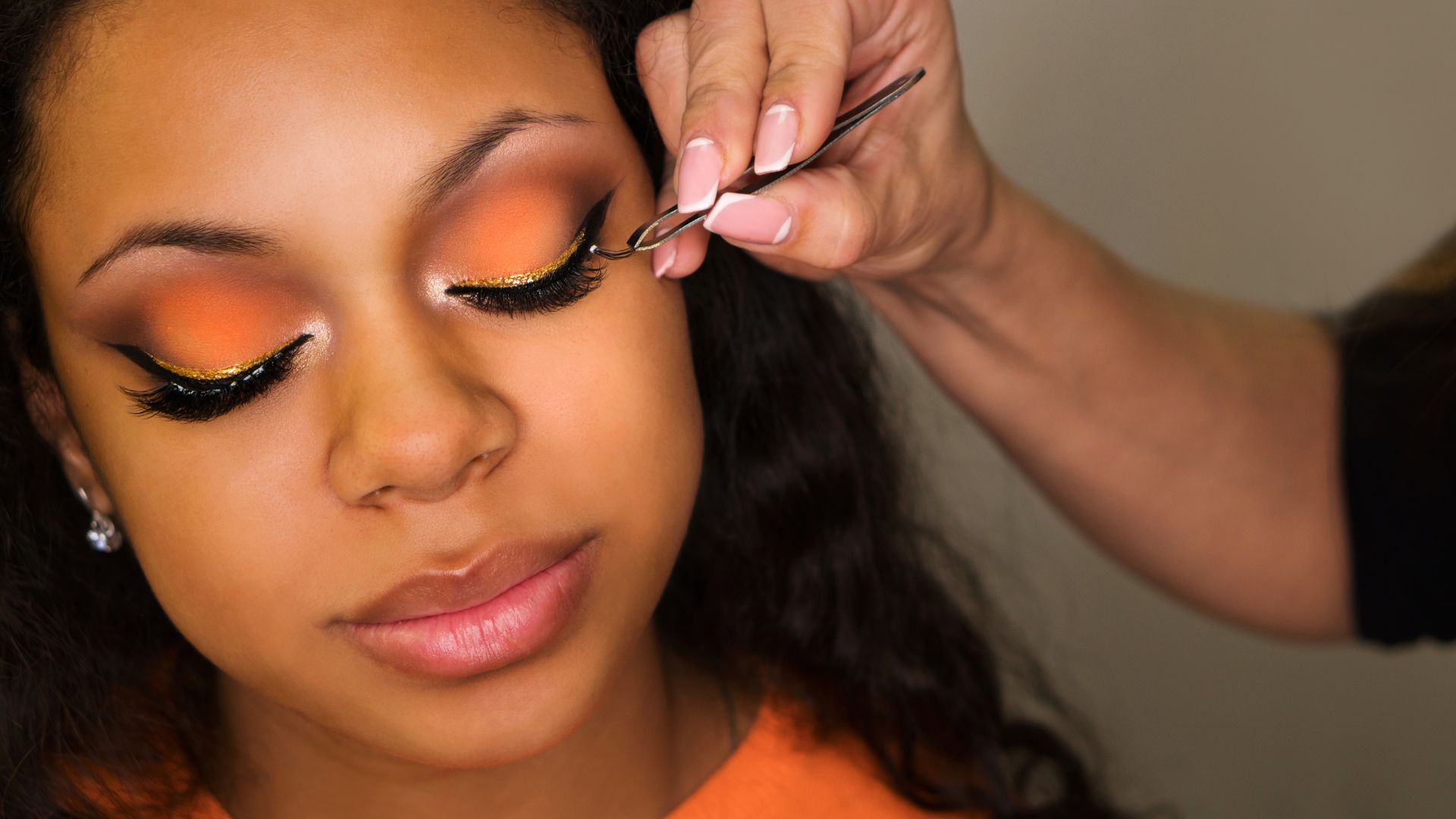
Find your next beauty appointment in Blouwy and book it in just a few clicks, wherever you are. Enjoy great rates and the convenience of being able to schedule your beauty appointment at any time moment.

Being a good makeup artist is not just about knowing how to use a brush or choosing the right foundation. It involves a deep understanding of various makeup techniques, knowledge of cosmetic products, and the ability to enhance natural beauty while masking imperfections. Here's a complete guide for those aspiring to become professional makeup artists or just looking to refine their makeup skills.
To start, it is crucial to undergo specialized training. Makeup schools offer a range of courses from classic beauty makeup to special effects makeup used in audiovisual media or theatre. A CAP in aesthetics or a BTS in cosmetic aesthetics can also provide a solid foundation, especially for understanding more scientific aspects like cosmetology and color theory.
- Product Knowledge: Familiarize yourself with a wide range of makeup products (foundation, mascaras, eyeliners, blush, lipsticks) and understand their formulations to choose the best options for different skin types.
- Application Techniques: Learn to handle various tools (brushes, sponges, applicators) and master specific techniques such as applying the smoky eye or makeup contour.
- Listening Skills: Understand client expectations and provide respectful, empathetic advice.
- Marketing: Use platforms like Instagram to showcase your work. Word of mouth is also an excellent way to promote yourself.
- Continuous Learning: The field of makeup is constantly evolving. Regularly participate in update courses to learn new trends and techniques.
- Inspirations and Trends: Follow influencers, specialized magazines, and attend professional fairs to stay inspired and innovative.

Find your next beauty appointment in Blouwy and book it in just a few clicks, wherever you are. Enjoy great rates and the convenience of being able to schedule your beauty appointment at any time moment.